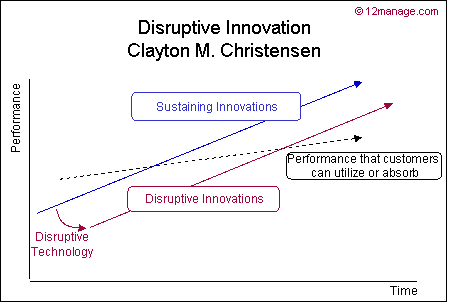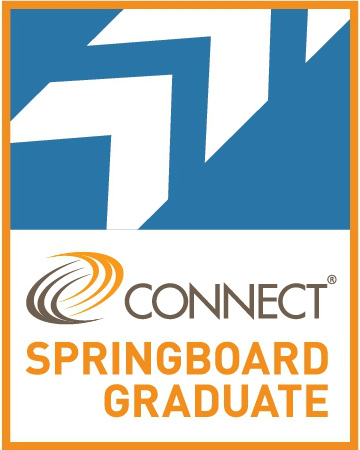Blog Post I wrote (David Fuhriman) Posted on DiagnosticImaging.com
You know what would be cool? What if Apple computers leveraged the open source technology, like OsiriX PACS and RIS, and built an open technology that worked seamlessly with all their technology?
The stations would be Macs and now the new iPad that has retina display would be a little portable viewer along with iPhones. Apple would incorporate Siri, the personal assistant, and would leverage the App Store so that developers and other companies could build applications for image transfer, reporting, billing, scheduling and notifications that could work with all of the software and hardware.
Imagine. Radiology would have a complete suite of hardware, software and applications that all work well together — along with a marketplace for constant innovation.
How disruptive would this be to diagnostic imaging? Very disruptive. Think of all the headaches this would solve for radiologists and IT. Radiologists flock in waves to adopt the technology and within one year it’s a dominant player in diagnostic imaging. This would start a wave for other physicians using similar technology to dictate to EHR and create a platform for innovation and adoption of apps that would move healthcare to the cutting edge.
Now imagine another scenario. What if a developer, who is a PACS admin for a radiologist group in Kansas City, developed this same software that worked with Apple products. He called his company "Jim's Healthcare Company, Inc." What happens to adoption of his product? Keep in mind, it is exactly the same technology.
Only, you can't imagine that it is the same technology. Can't be, if developed by Jim in Kansas City. So you don't buy it. And neither do any other radiologists. So Jim never quits his day job. The group he works for uses the technology and they love it. But nobody else develops apps that can work with it and it never takes off.
So why are these two scenarios so different? Well, because of the trust that we have developed in the Apple brand is what helps us take a risk on the new technology. We have come to know what to expect and so when they come out with new technology, we know that we can expect it to work as well as it should.
But does disruptive innovation come from large companies like Apple? Rarely. Often disruptive technology is considered a little risky in structured environments. So, it has to start in a small group who can sense value, like Jim. So too is the adoption of technology. It usually isn't adopted by large industry leaders, but by smaller groups that are open to take the risks in order to improve performance, like Jim's employer.
So, how do these large companies create new disruptive and innovative technology? Primarily by acquisition. Siemens, McKesson, and Phillips add to their product list by buying a technology that was developed by a different company. Take for example the acquisition this week of Coderyte, a natural language coding company, by 3M. There is no chance that this technology would have been developed in house at 3M. But now that Coderyte is growing successfully, 3M has purchased the company, will rebrand as their own — and voila! 3M is producing innovative and disruptive technology.
Here comes the flow of disruptive innovation: These large vendors only acquire successful companies. The companies are only successful if it can get traction. Companies don't get traction, until they have demonstrated value. The innovative companies prove themselves in small arenas first, and then move on to larger, more conservative players.
So next time you see some disruptive, innovative technology — like natural language coding, voice recognized scheduling system, or image transfer technology — remember. It might not work perfectly. The interface might not work perfectly. Nobody you know may be using it. But, this is as it should be and there still may be value in using the new technology.








